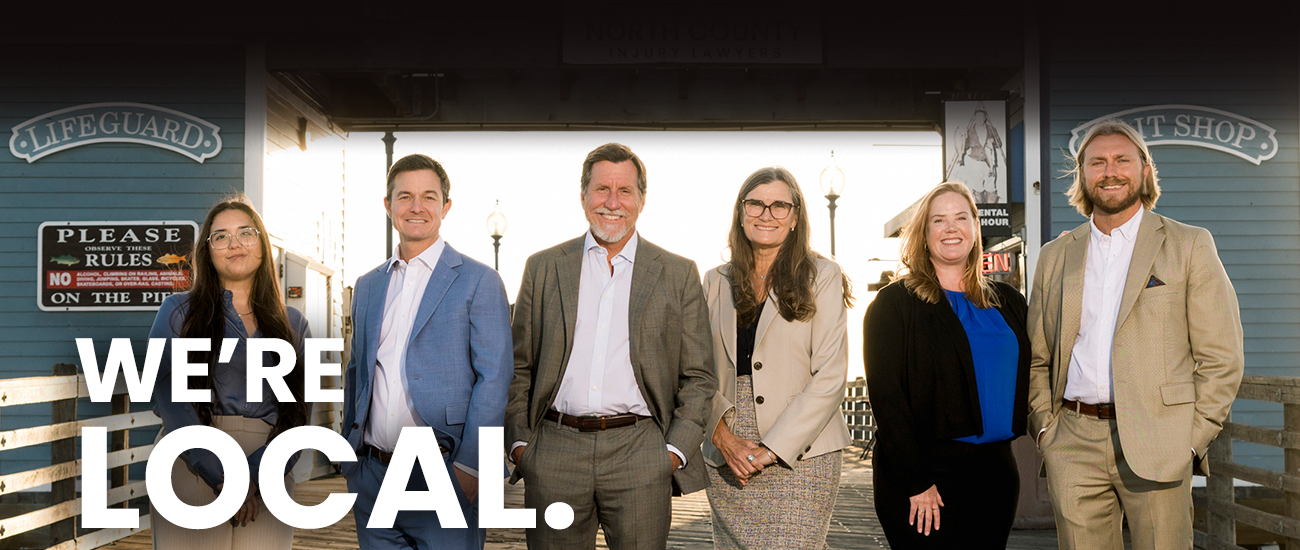- Free Consultation: 760-571-5500 Tap Here to Call Us
Vicarious Liability for Employee Negligence
In most cases, if you have been injured by a company’s employee, that employee may not be solely liable for any injuries caused. Under the law, employers are often liable for their employees’ actions and the results of those actions, even if the employer did not play a direct role in your injury or any intent to injure you. The law holds an employer responsible, because an employer directs its employees’ behavior and the employer is also more likely to be able to compensate you for your injuries.
If an employee is in the course and scope of his or her employment, then the employer is responsible for any negligent actions that the employee takes or even if the employee fails to take a proper action. Generally, an act is considered in the course of employment if the employer has authorized the employee to act or the act is closely related, or arises from an act authorized by the employer. On the other hand, an employer will generally not be responsible for an employee’s actions if the employee is running a personal errand or doing some other personal business on company time.
By way of example, some employers allow their employees to use a company vehicle. If an employee takes the company car to a bar and gets into a car accident, the employer may not be liable because the employee was visiting the bar on his or her own time. On the other hand, if the employee is taking a client to the bar with the permission of the employer and gets into a car accident, the employer will be responsible, because they were acting with the authorization of their employer. The issue is not always cut and dry, though, with the possibility of intoxication making things more difficult, because it is arguable whether or not the employer should have expected the employee to become intoxicated. In addition, if a company car is being used at the time of the accident, under certain circumstances the employer may still be on the hook if the employer had some awareness of the car’s use.
In addition, the use social media in business is also expanding the definition of course and scope. If an employee is driving to work in his or her own car, California law is fairly clear that the employee is not working, and the employer is not liable for the employee’s negligence. But what if the employee sends a work-related text on the way and causes an accident? Is that “course and scope?” If you are injured by an employee, the employer may be held liable for negligent hiring or negligent retention. Negligent hiring or negligent retention actually involves employee actions that are performed outside the employee’s scope of employment. In most cases with negligent hiring or negligent retention, the employer is held liable for the employee’s criminal conduct. In short, the employer is held responsible for carelessly hiring or retaining a criminal for a job that the employer should have expected would expose others to harm.
For example, a nursing home would likely be held liable for hiring an employee who was previously convicted of abuse, fraud or identity theft, if the employee then abuses or steals from a patient. In this case, it would not be difficult to argue that the nursing home should have known that it was likely the employee would act in this way. Similarly, if the nursing home hires an employee who is charged with identity theft after being hired, the nursing home may be held liable for negligent retention if the employee steals patients’ identities, because there was a significant likelihood that he would do so.
Any person injured by someone who is working, or might have been working, should have the case examined by an attorney who understands vicarious liability law in California. Walton Law Firm had handled many such cases, and provides all consultations free of charge.









